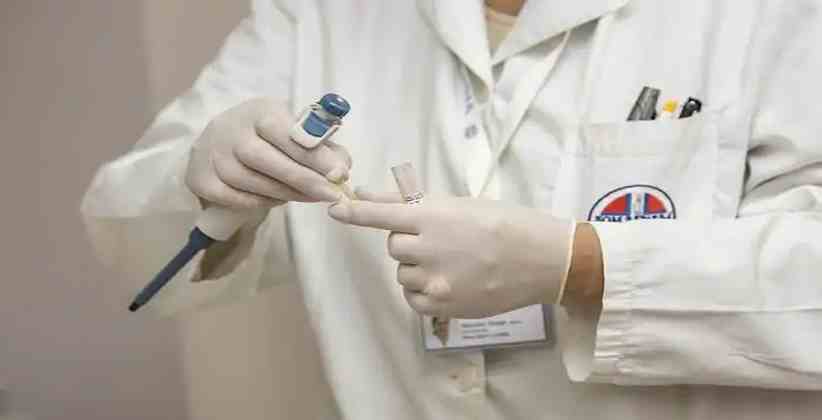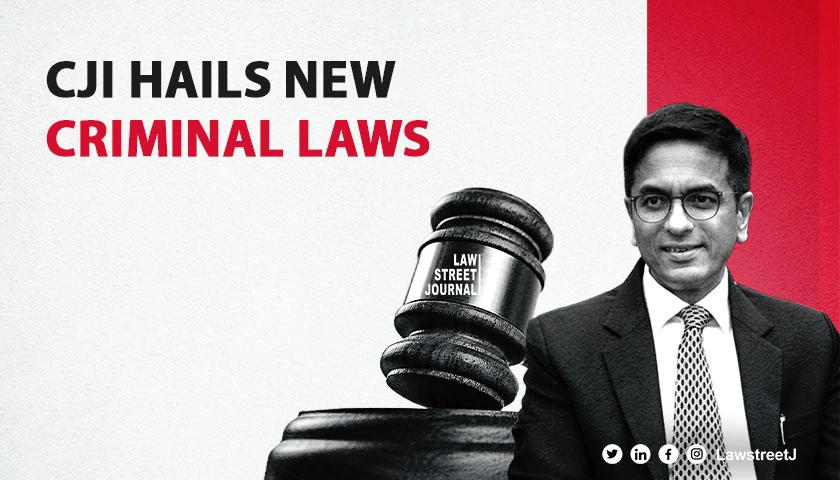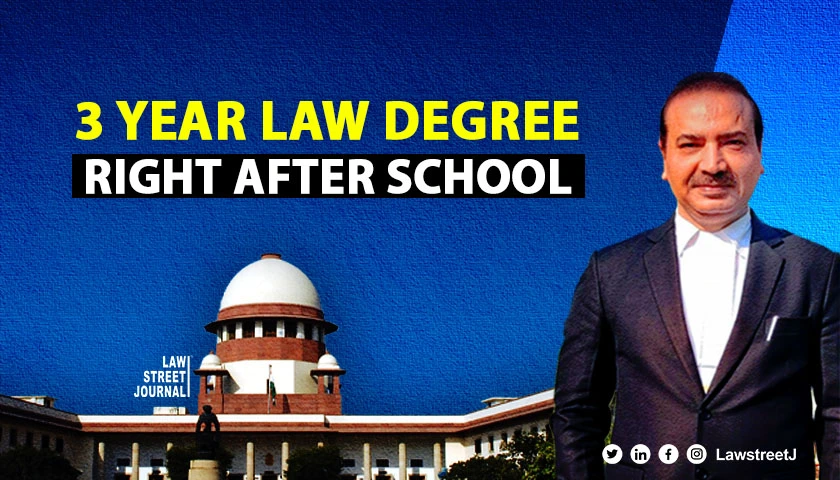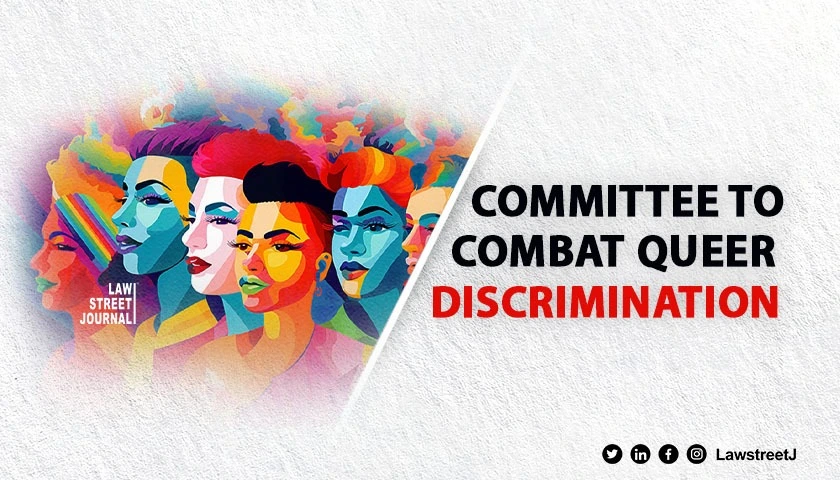On May 28, 2020, a Division Bench of the Chief Justice Sanjay Karol and Justice S. Kumar of the High Court of Judicature at Patna in Letters Patent Appeal taking note of the disproportionately high number of doctor vacancies in rural areas, directed the Chief Secretary to fill up doctor vacancies in rural areas and difficult terrains, either through transfers or recruitments “to the maximum extent possible.”
Factual Background:
The Indian Medical Council Act, 1956 (the IMC Act) inter alia provides for securing uniform standards of post-graduate medical education throughout India. Sections 20 and 33 of the Act empowers and enables the Medical Council of India (MCI) frame Regulations prescribing a standard of Post Graduate Medical Education. Such Regulations framed by MCI are statutory in character and binding on all Universities and Colleges.
By virtue of the provisions of the IMC Act, the MCI had framed Regulations and notified vide Notification No.MCI-18(1)/2010-Mad/62052 dated February 15, 2012. Regulation 9(IV) and 9(VII) of the notification is of interest, which is produced here below:
9(IV). Provided that in determining the merit of candidates who are in service of Government/public authority, weightage in the marks may be given by the Government/Competent Authority as an incentive at the rate of 10% of the marks obtained for each year of service in remote and/or difficult areas up to the maximum of 30% of the marks obtained in National Eligibility –cum- Entrance Test. The remote and difficult areas shall be as defined by State Government/Competent authority from time to time.
9(VII). 50% of the seats in Post Graduate Diploma Courses shall be reserved for Medical Officers in the Government service, who have served for at least three years in remote and/or difficult areas. After acquiring the PG Diploma, the Medical Officers shall serve for two more years in remote and/or difficult areas as defined by State Government/Competent authority from time to time.
By a subsequent Notification No.MCI-18(1)/2018-Med./100818 dated April 05, 2018, Clause (IV), and (VII) of Regulation 9 reproduced supra was amended and the word ‘rural’ was inserted along with the words “remote and/or difficult areas”.
Background of the case:
For Admission in various Post Graduate Medical Courses, finding the merit list not to have been prepared by granting incentive marks to in-service candidates in terms of Regulation 9(IV) (Proviso), on July 23, 2018, the petitioners had filed a writ petition seeking a mandamus, commanding the respondents to redraw the Merit List. However, the matter remained pending and even for the subsequent academic. Sessions i.e. 2019-2020, the position remained the same. But with the issuance of a fresh prospectus prepared on similar lines for the academic session 2020, on January 17, 2020, the writ petitioners preferred an interlocutory application seeking amendment of the writ petition, inter alia, praying that the merit list be redrawn in terms of the Regulation.
Finding Regulation 9(IV) to be mandatory and not a directory, with no scope of discretion left with the Government, the Single Judge vide judgment dated April 27, 2020, had allowed the writ petition, directing the State to consider the claim of the writ petitioners for grant of incentive marks in terms of Regulation 9(IV). Aggrieved by the judgment, the State had filed Letters Patent Appeal.
After analyzing precedents in the matter, and interpretation of precedents, as such, the Court found the findings returned by the Single Judge, holding the proviso to Regulation 9(IV) to be “mandatorily followed by the Government leaving no discretion” not as per settled principles of law and held that it warranted interference of the Court.
The Court at the outset held that:
“Grant of 50% reservation in P.G. Diploma Course to in-service doctors who have served three years in rural areas is mandatory under Regulation 9(VII), however, same is granted only
when State notifies remote/difficult areas and once such declaration being made 50% reservation in P.G. Diploma Course is automatic and no discretion is left with State to grant it or not.” (This observation was made as the State of Bihar had identified the rural area for grant of benefits to doctors serving there but had not granted any benefit on them.)
In Bihar out of 11645 sanctioned posts of doctors, 8768 are lying vacant, out of which 5674 falls only in the difficult/remote/rural areas. As against 1544 doctors posted in the urban areas only 1333 are posted in the rural areas. Taking note of the above-said statistics, the Court observed that “the health care facilities in the remote and difficult areas of the State, to say the least, are desirable, also for want of posting of adequate doctors.” The Court further observed that these numbers “were reflective of the iniquitous and lopsided welfare health policy of the Department.”
Though two notifications were issued on August 27, 2013, and June 16, 2014, by the State, complying with the Regulation 9(IV) of MCI, the respondents had chosen not to grant incentive of weightage in marks in terms of notifications for the reason that “the merit would stand compromised and would adverselyaffect the in-service doctors posted at urban areas”. Rejecting this argument, the Court proceeded to pose a question, can a Welfare State even adopt such a stand more so in the absence of any plea or material to indicate the absence of doctors or higher percentage of vacancy of the posts in the urban areas?
The percentage of vacancies in the rural areas is extremely high and grossly disproportionate to that of the posting of doctors in the urban areas. The Court referred State of Uttar Pradesh & Ors. Versus Dr. Dinesh Singh Chauhan reported in (2016) 9 SCC 749, where, the Apex Court while acknowledging the sacrifice made by the doctors posted in the rural and difficult areas had observed that the academic merit of the candidate must also reckon the services rendered for the common or public good and emphasized that the need of providing incentive cannot be ‘underscored’, for, on account of the concentration of doctors in urban areas, a large number of posts in the rural areas remain unfilled.
Holding that the powers of the High Court in a Letters Patent Appeal, are wide enough to review both the finding of fact and law, the Court proceeds to direct the Bihar Combined Entrance Competitive Examination Board to redraw the merit list strictly in accordance with law by granting benefit of earlier notifications to doctors serving in the rural area.
Shockingly, in the course of discovery of truth, the Court found that the State to had breached its Dharma of acting in the public interest for the benefit of teaming millions living in the rural areas, but also not maintaining its neutrality, in the accomplishment of the constitutional goals and determination of rights inter se private parties. In this regard, the Court directed the Chief Secretary, Government of Bihar to ensure that vacancies in the rural/remote/difficult areas are filled up to the maximum extent possible, either by transfer or speeding up recruitment with the normalization of the current Pandemic COVID-19.







